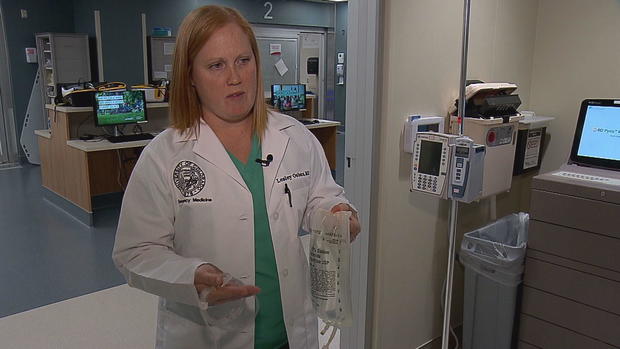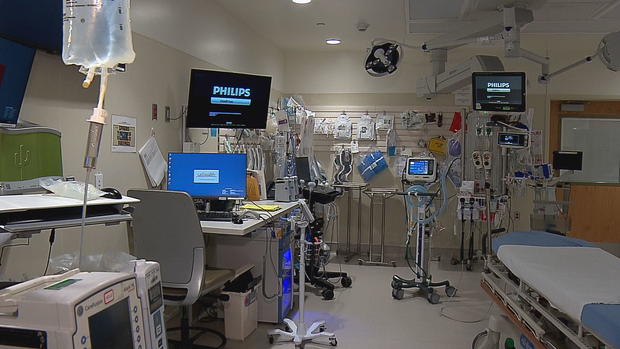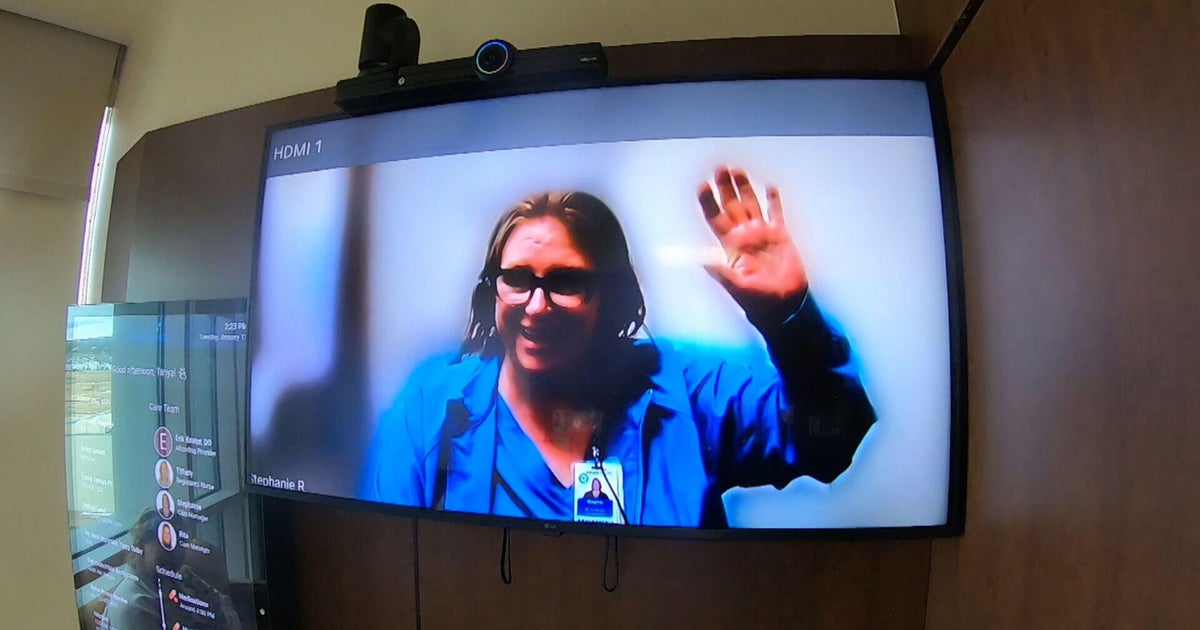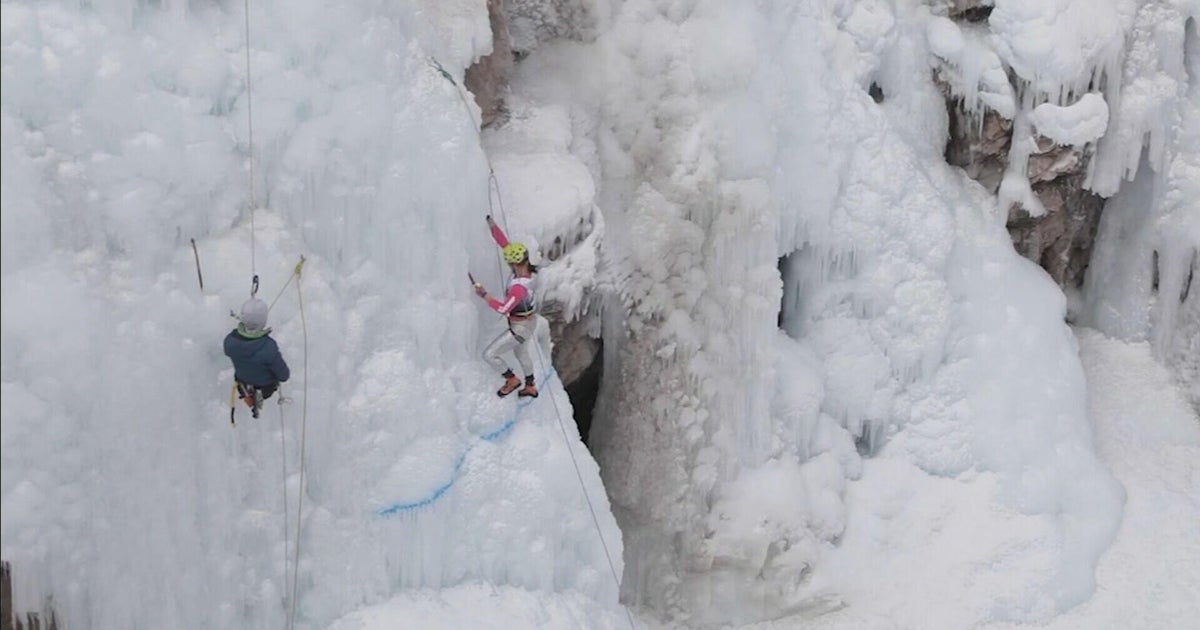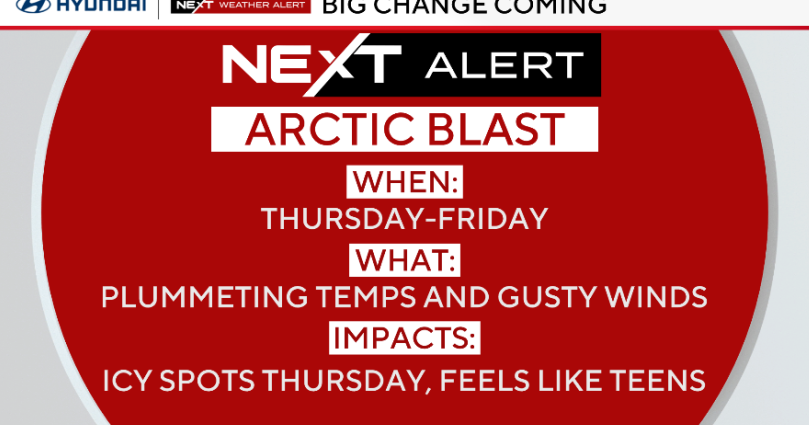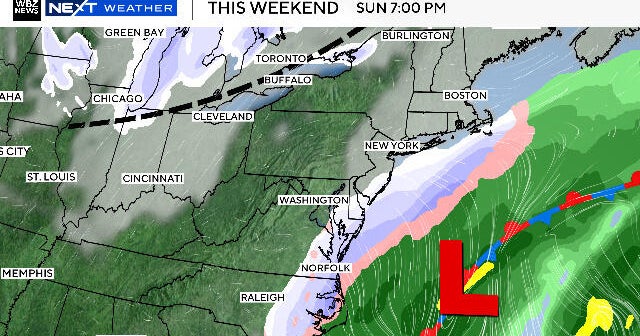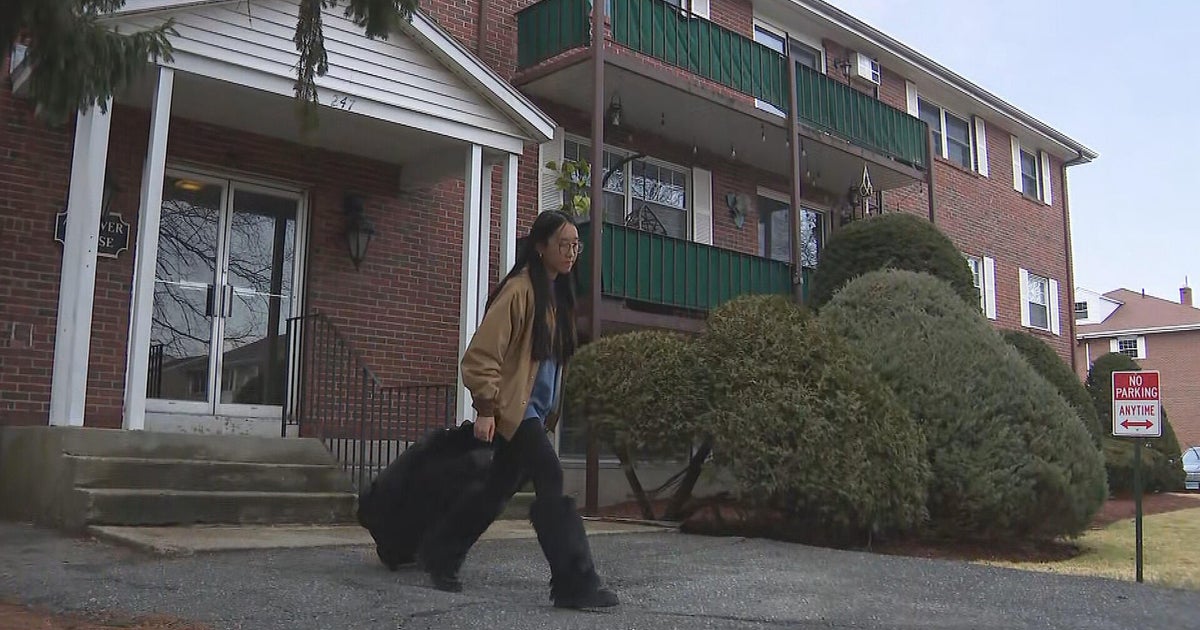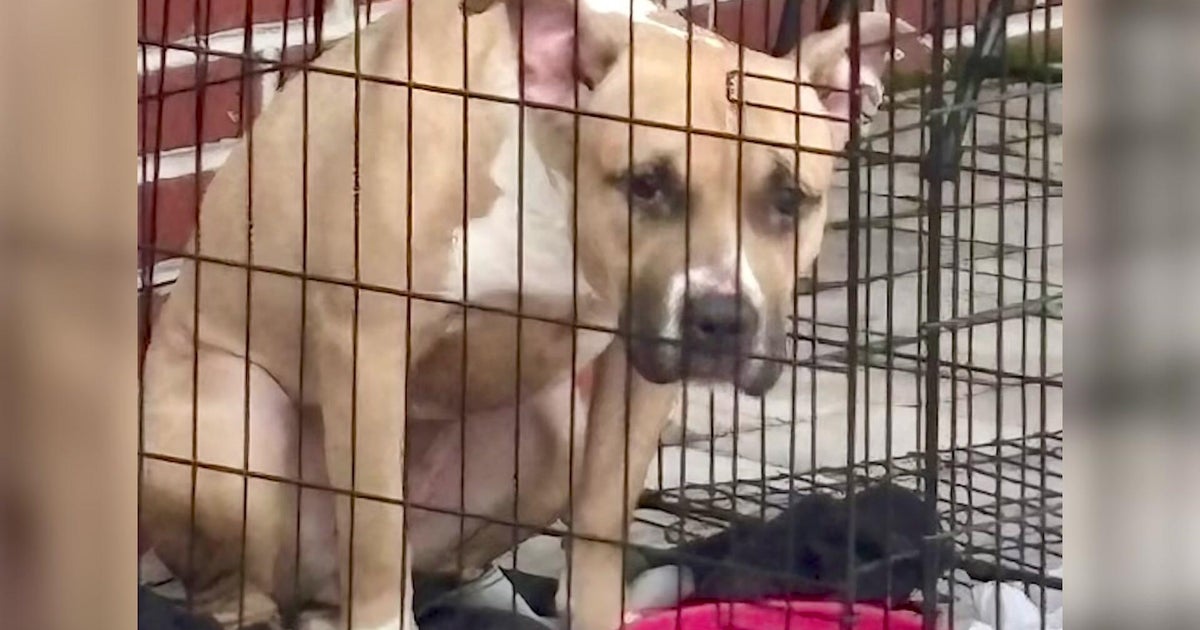Colorado hospital expects increase in patients during heat wave
As temperatures rise outside, trauma rooms inside the UCHealth University of Colorado Hospital in Aurora are prepared to aid patients in cooling down.
"Any time we have a heat wave or any kind of weather that's drastic, whether it be cold or heat related, we do expect to see an increase in patients," said Dr. Lesley Osborn, an emergency department physician.
With triple-digit temperatures expected in Colorado this week, Osborn said the emergency department team anticipates an uptick in patients with heat-related illnesses. Most, she explained, are likely to be older or more vulnerable individuals who struggle in the heat.
"We've got a lot of patients that are unhoused, that live outside and are exposed to the elements," she told CBS News Colorado's Kelly Werthmann. "We have a lot of workers that work out in the sun, like those in construction and pre-hospital responders, EMS crews and firefighters."
While most Coloradans are accustomed to the hot and dry conditions, summer visitors may not be, and -- coupled with the high altitude -- it can be a dangerous combination.
"Altitude plays a big role when we talk about heat injury and illness because it already increases your chance of dehydration," said Osborn.
With the intense summer heat wave proving deadly in other parts of the country, many emergency responders are employing unique tactics to save lives. In Arizona, some firefighters are utilizing body bags filled with ice to cool down patients.
"We have ice machines here and it wouldn't be beyond us to take ice and actually put it in bags... and start cooling [patients] off as quickly as possible," Osborn said.
More than likely, Osborn added, physicians at UCHealth University of Colorado Hospital will use smaller ice packs and IV fluids to treat overheated patients. She emphasized that the most important thing anyone can do to avoid a heat-related injury -- and possibly a trip to the ER -- is to hydrate.
"Starting to hydrate now when we know the temps are going to be in the 100s in the next couple of days is actually most important," she said. "Hydrating and taking in electrolytes 24 to 48 hours prior to going outside and working in the heat is probably just as important as drinking on the job."
Osborn advised that if at any point a person feels dizzy, nauseous and perhaps stops sweating because their body cannot regulate its temperature, they should call 911 or get to an emergency room right away.

